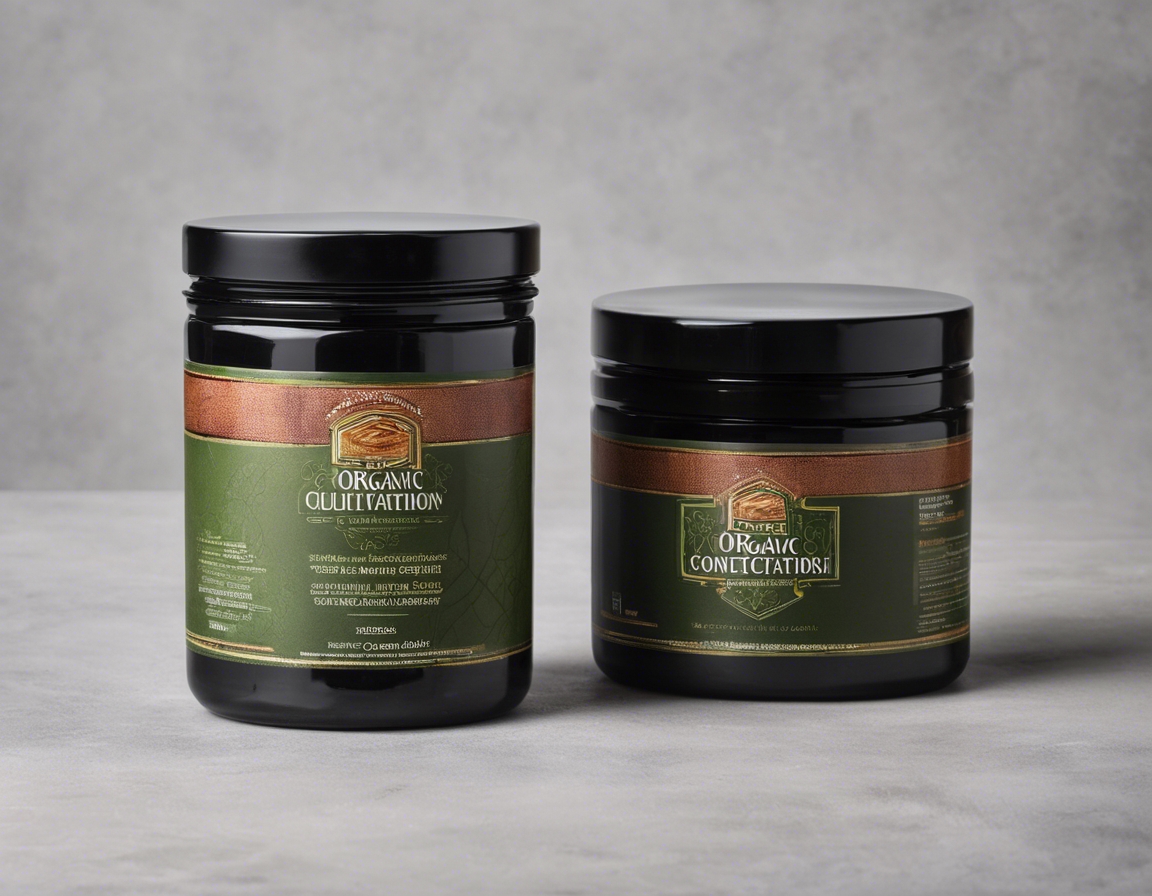5 reasons why biohumus is essential for your garden
Biohumus, also known as vermicompost, is a type of organic compost produced through the decomposition of organic matter by earthworms. This nutrient-packed substance is a byproduct of the earthworm's digestion process, resulting in a rich, natural fertilizer that is highly beneficial for soil and plants.
Organic matter plays a crucial role in maintaining soil health. It is the backbone of a fertile garden, providing essential nutrients, improving soil structure, and enhancing the soil's ability to retain water and nutrients.
Reason 1: Enhanced Soil Fertility
Biohumus is teeming with a wide array of essential nutrients, including nitrogen, phosphorus, and potassium, which are vital for plant growth. Its composition is not only rich in macro-nutrients but also contains micro-nutrients that are often lacking in synthetic fertilizers.
The addition of biohumus to your garden soil can significantly improve its structure, making it more friable and aerated. This improved structure allows for better root penetration and enhanced microbial activity, which are key to a thriving garden.
Reason 2: Promotes Plant Growth
One of the most significant benefits of biohumus is its ability to stimulate root development. Plants grown in soil enriched with biohumus tend to have stronger, more extensive root systems, which is crucial for nutrient uptake and overall plant stability.
By providing a steady supply of essential nutrients, biohumus ensures that plants are healthier and more robust, often resulting in increased yield and better quality produce.
Reason 3: Eco-Friendly and Sustainable
Using biohumus as a fertilizer reduces the need for chemical fertilizers, which can be harmful to the environment. This organic alternative contributes to sustainable gardening practices by minimizing the ecological footprint of your garden.
Biohumus enhances soil biodiversity by providing a habitat for beneficial microorganisms. These microorganisms play a vital role in nutrient cycling and help suppress soil-borne diseases.
Reason 4: Soil Moisture Regulation
The high organic matter content in biohumus improves the soil's ability to retain water, which is particularly beneficial during dry periods. This water retention capability ensures that plants remain hydrated and reduces the frequency of watering.
By improving soil structure and water retention, biohumus can help your garden withstand drought conditions, making it an essential component for climate-resilient gardening.
Reason 5: Disease and Pest Resistance
Biohumus helps build natural defenses in plants against diseases and pests. The presence of beneficial microorganisms and the improved overall health of the plants make them less susceptible to attacks.
As plants become more resistant to diseases and pests, the need for chemical pesticides is significantly reduced, leading to a healthier garden ecosystem and safer produce.








Comments (0)